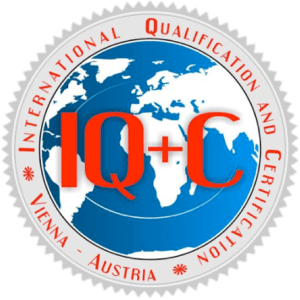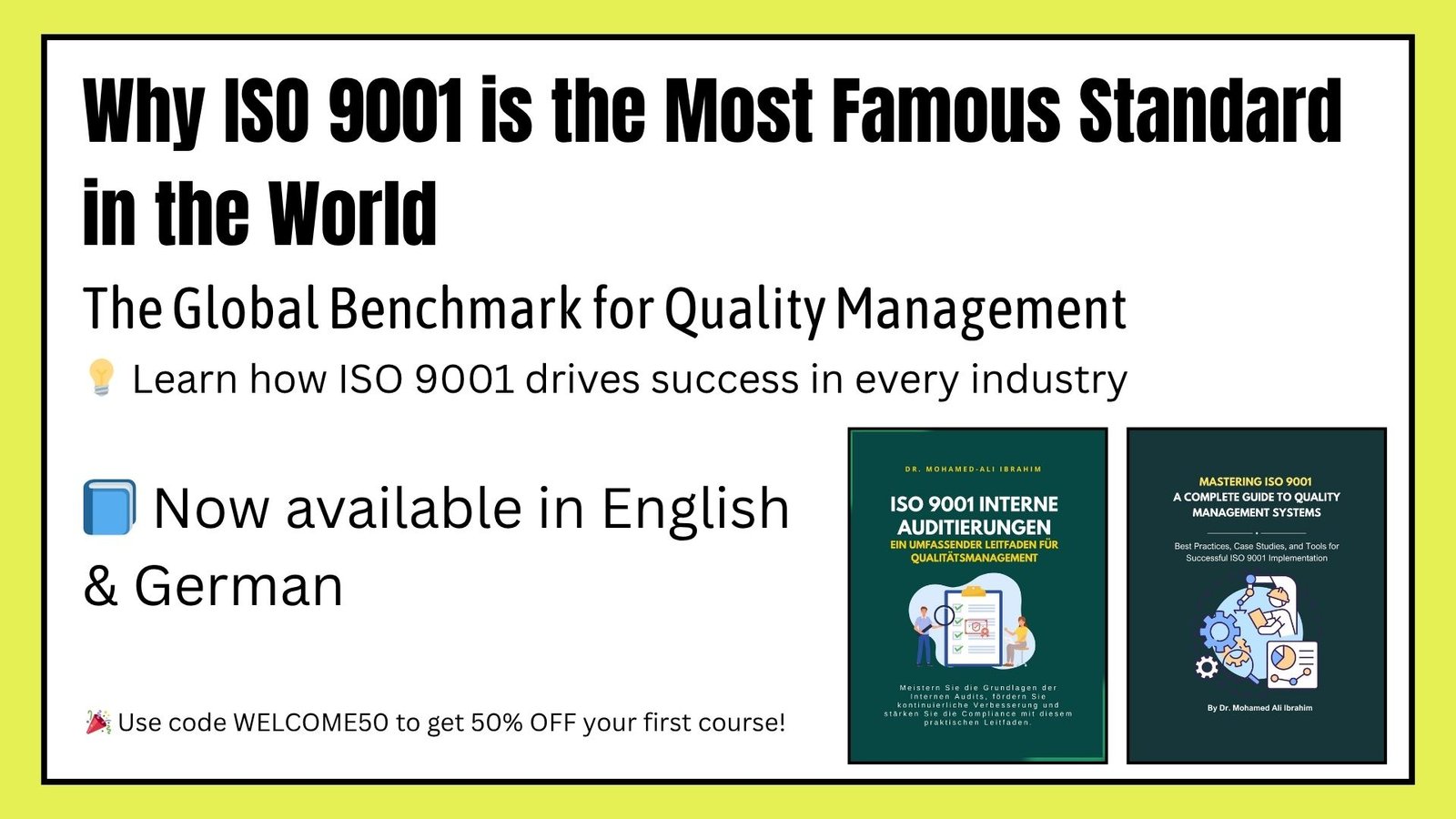Optimizing Translation Services:
Implementing Key ISO Management System Standards
In the translation industry, where precision, reliability, and efficiency are paramount, the implementation of robust management system standards has become increasingly crucial. At i-LICS, the International Localization Industry Certification System, we emphasize the importance of ISO 9001, ISO 14001, and ISO 22301 standards for translation service providers. These standards collectively underpin a commitment to quality and risk management, environmental stewardship, and business continuity, reflecting an organization’s dedication to excellence and sustainable business practices.
ISO 9001: Quality Management is foundational for any translation agency aiming to demonstrate its commitment to delivering high-quality services consistently. This standard focuses on establishing a quality management system (QMS) that encompasses all aspects of operations, from client feedback to continuous improvement processes. For the translation industry, ISO 9001 helps ensure that services meet client requirements and regulatory standards, enhancing customer satisfaction and competitive edge.
ISO 14001: Environmental Management addresses the growing concern for environmental sustainability within the translation industry. By adopting ISO 14001, translation companies can showcase their commitment to minimizing their environmental footprint through efficient resource use and waste management. This not only aligns with global sustainability goals but also resonates with clients and stakeholders increasingly prioritizing eco-friendly business practices.
ISO 22301: Business Continuity is critical for maintaining operational resilience in the face of disruptions. For translation services, where deadlines are tight and the demand for accuracy is high, the ability to continue operations during unforeseen events is vital. ISO 22301 ensures that translation agencies have a robust business continuity plan, enabling them to protect their assets, personnel, and client projects against interruptions.
The translation industry’s compliance with these management system standards is not merely a regulatory obligation but a strategic business decision. It demonstrates an agency’s holistic approach to quality management, environmental responsibility, and resilience, building trust among clients and partners. For i-LICS-certified translation service providers, adherence to ISO 9001, ISO 14001, and ISO 22301 is a testament to their dedication to best practices in every aspect of their business.
Moreover, in an era marked by rapid globalization and environmental challenges, the translation industry plays a pivotal role in bridging communication gaps while fostering sustainable practices. By implementing these ISO standards, translation agencies not only elevate their service quality but also contribute positively to global sustainability efforts and demonstrate robustness against operational risks.
In conclusion, the adoption of ISO 9001, ISO 14001, and ISO 22301 by translation agencies signifies a commitment to excellence, environmental stewardship, and operational resilience. i-LICS champions these standards as pillars for the translation industry’s continued success and sustainability. Through certification and advocacy, i-LICS aims to elevate the industry standard, ensuring that translation services are not only of the highest quality but also delivered in an environmentally responsible and resilient manner.




Leave A Comment